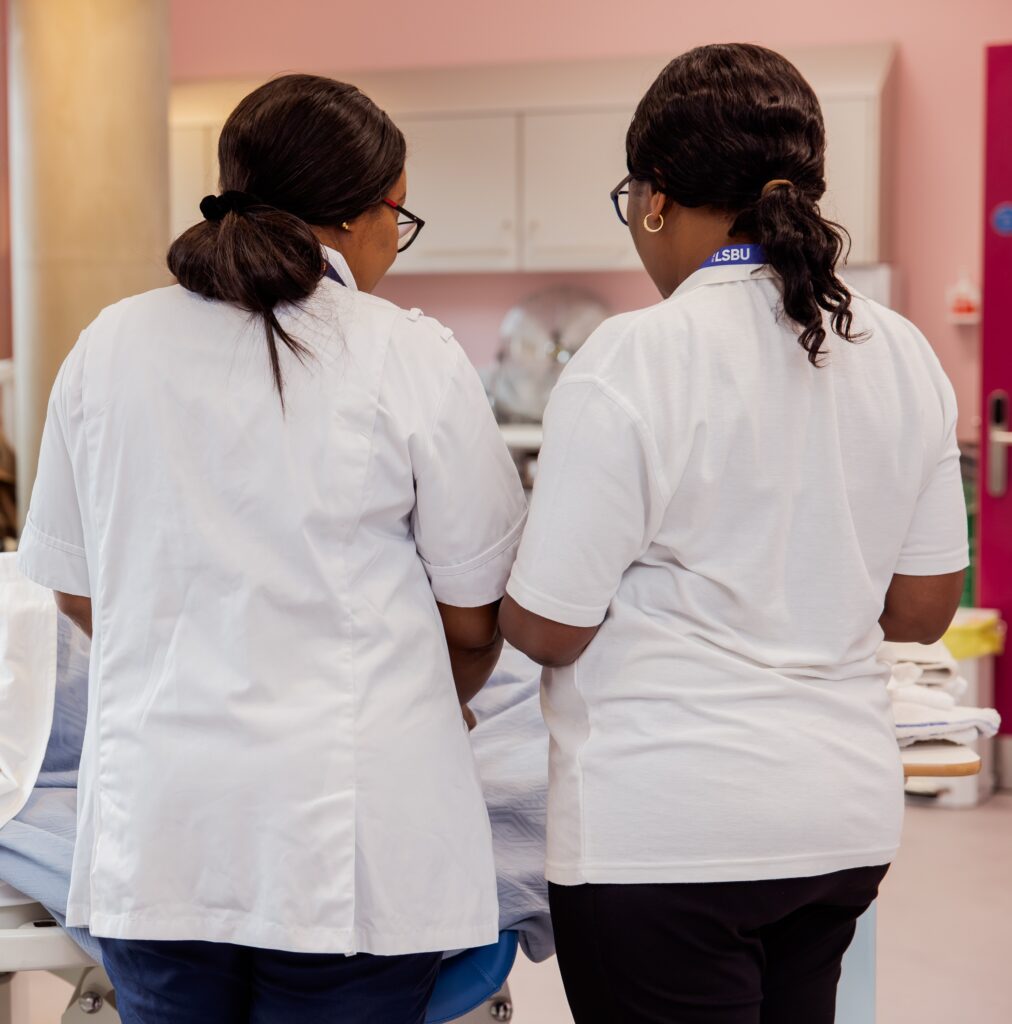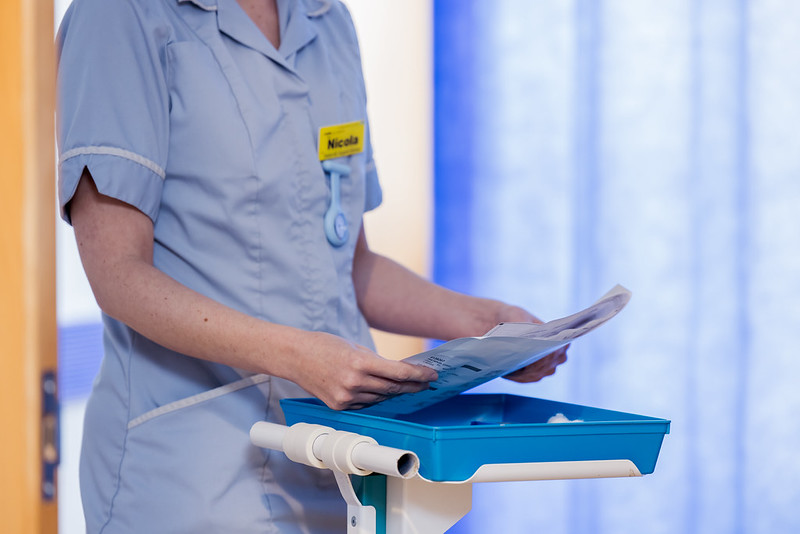By Clare Livingstone on 06 March 2024
As midwives, we know the importance of talking to pregnant women about vaccination, not only for their own health but that of their baby. Over the past few months, you couldn’t fail to miss the news stories about the rise of measles, a disease many of us haven’t seen in our communities since we were children ourselves. Now there are alerts about a rise in pertussis, or whopping cough, which are causing a similar sense of alarm.
Whooping cough (Pertussis) in babies can lead to dehydration, pneumonia and seizures, and is potentially fatal. It is a highly contagious bacterial disease that spreads rapidly from person-to-person through airborne droplets. As we all know, it was once a common childhood disease, but that changed after a vaccine was introduced.
Until infants can be directly protected by their primary vaccines from 8 weeks old, the Pertussis vaccine in pregnancy helps bridge the immunity gap from birth.
The RCM is aware that a significant number of pregnant women are not being vaccinated against whooping cough and that this is leaving babies at risk of being infected with this dangerous disease. With official figures showing that maternal vaccine uptake fell from over 70% in September 2017 to 58% in September 2023, we are urging all of our members to help pregnant women get vaccinated against the disease.
Studies in England have found that maternal vaccination offers around 90% effectiveness against confirmed disease and 97% protection against death from Pertussis in babies aged under 3 months, the age at which incidence of the disease is highest.
The Pertussis vaccine is recommended in every pregnancy, between 16 and 32 weeks, but can be given right up to delivery and immediately afterwards. Please ensure that pregnant women know the risks involved and urge them to get the vaccine. Help confine this disease to the history books.

